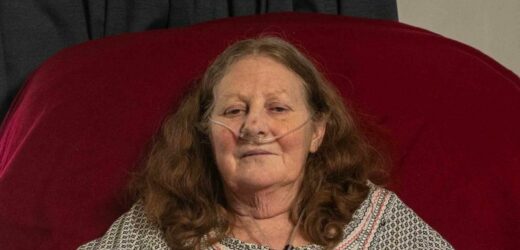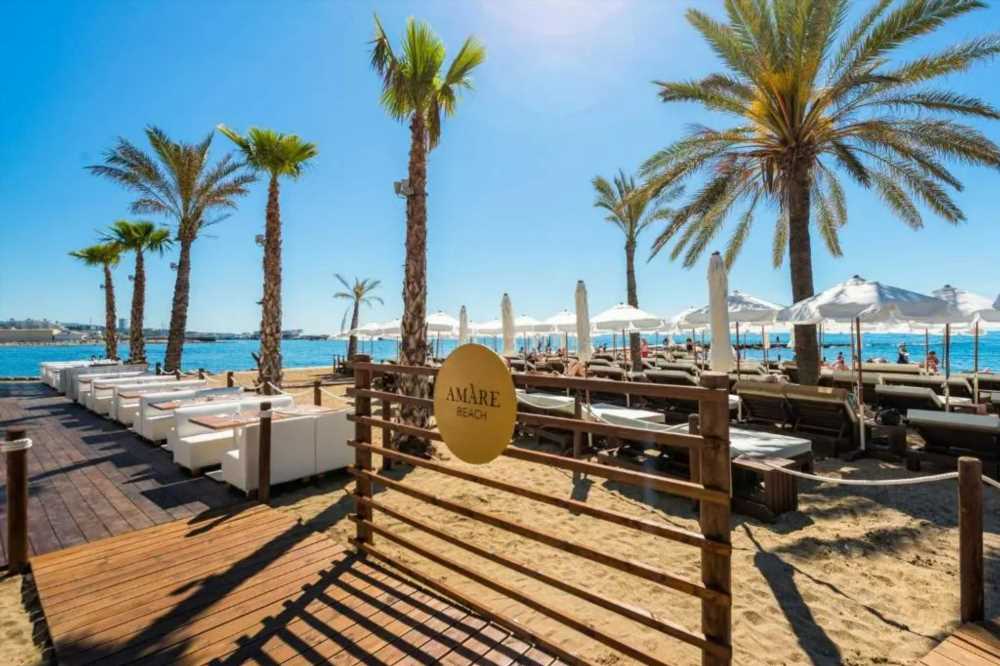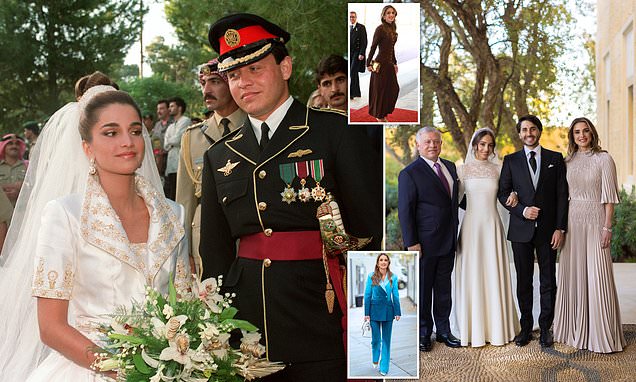By Jewel Topsfield
Cathy WatsonCredit: Justin McManus
Save articles for later
Add articles to your saved list and come back to them any time.
Cathy Watson is dying from a chronic lung disease. “I’m terminal – both my lungs have completely gone – I have to take an oxygen bottle with me wherever I go, shower, toilet, down the street, in the car.”
For three years the 65-year-old hasn’t left her home in Rochester, a small town north of Melbourne, for anything other than medical appointments.
The medication makes Watson’s bones brittle and five weeks before the marriage of her only son, Mark, in Tooborac, she stretched and broke her back in two places. “There was no way the doc was going to let me go to the wedding.”
Cathy WatsonCredit: Justin McManus
Watson was devastated. Her husband had died when Mark was 15 and now neither of his parents would be there on his big day.
“In the last six months we’ve been flooded, because Rochester got completely wiped out and we weren’t insured, then we got COVID and I didn’t think I’d survive, and then I broke my back and I’m thinking I’m never gonna get to my boy’s wedding.”
But a friend of Watson’s had heard the Royal Flying Doctor Service (RFDS) helps fulfil the wishes of the dying. Their free service, Memory Lane, supports terminally ill people to visit a place of personal significance – their childhood home, the beach, an art gallery or simply their own garden.
“She rang Memory Lane and then they rang me,” Watson says. “I said, ‘Well, I’m not allowed to sit up in the car because of the jolting’ and they said, ‘No, this is like an ambulance and you lay in it.’ When they said I could do it … it was just absolutely beautiful. You’ve got no idea. This was only two weeks before the wedding. How good is that?”
Cathy Watson at her son Mark’s wedding.
Memory Lane is inspired by the Dutch charity, Stichting Ambulance Wens –Ambulance Wish Foundation – which has been granting dying people’s wishes since 2007.
RFDS chief executive Scott Chapman saw a documentary about the charity’s founder, former ambulance driver Kees Veldboer.
Veldboer was moving a terminally ill patient from one hospital to another when he was told there was a delay. He asked if there was anywhere the patient would like to go and the man, a former sailor, asked if they could take him to Rotterdam Harbour to say a final goodbye. “Tears of joy ran over his face,” Veldboer told the BBC.
It occurred to Chapman that RFDS would be the perfect fit to offer a similar service in Victoria as it already had a fleet of ambulances and trained staff.
While the first few trips took place in the standard ambulances, there are now two bespoke Memory Lane vehicles, designed to have a more homely feel while still being fitted out with a stretcher and oxygen supply.
The service is donor funded and staffed by volunteers, initially from RFDS, although the first cohort of volunteer doctors and nurses will start next month.
Craig Watts and Lynette Ward are volunteers with Memory Lane.Credit: Eddie Jim
Patient transport officers Craig Watts and Lynette Ward have been on multiple Memory Lane journeys.
Once they took a man from Gippsland to his childhood home in Richmond and then visited his friend from primary school, who still lived around the corner.
“They held each other like they were best buddies, it was so magical, the primary school mate’s eyes welled up and he had tears running down his face,” Ward says.
Watts said the man had Parkinson’s disease and struggled to talk. “We never heard from him, he just smiled,” Watts says. “But when we left him he said one word and that was “thank you”. And it was like a 16-hour day, but we were so pumped. It made our day.”
Memory Lane program manager Deanne Riddington says the most common wish is to visit something quite local, such as a beloved garden or the family farm.
“We took a woman from a metro hospital 10 minutes down the road because she just wanted to hang out in her garden because she wasn’t going to see it again,” Riddington says. “It’s brilliant. To say I have the best job in the world is an understatement.”
There are now about two Memory Lane trips a month, although RFDS hopes that in the next six to 12 months they will be doing one a week.
To be eligible, a person must be over 18, have a terminal diagnosis, require specialised medical transport and have the approval of their treating clinician.
When Watts and Ward arrived to take Watson to her son’s wedding, her partner Heck – “an old wiry country guy” – was a little jittery. “He was so excited but nervous for Cath because it’s the first time she’s come out,” Watts said.
Cathy Watson at her son’s wedding.
“And I said to him, ‘Mate, I’ve got an empty fridge here. What do you think we put a couple of travellers in it?’ You’ve never seen an old guy run out of here so fast and come back with two cans of VB. We started the trip and you could hear them open the can and here they are saying ‘cheers’ together.”
The couple arrived at the wedding at 2pm. Ward braided Watson’s hair, which had become mussed up in the stretcher, and helped her get ready.
“I thought I’ll stay just for a couple of hours – well, I stayed until half past seven,” Watson says. “Don’t get me wrong, I was really, really pooped. But they said as long as you want to stay Cathy, we will stay. They wheeled me around, because it was in the mountains there, they talked to everybody in the family, they helped me when I needed to go to the toilet, nothing was an inconvenience to them.”
Watson says her son held her hand at the wedding and a few tears were shed.
“My son and I are very close. He took a lot of things very hard, you know, with losing his father and now his mother’s going too. Just to have me there … yeah. I got to go to something and now that’s the memory that my kids will always have. That’s why I think it’s called Memory Lane. When you’re dying that’s all you have a lot of – memories.”
The Morning Edition newsletter is our guide to the day’s most important and interesting stories, analysis and insights. Sign up here.
Most Viewed in Politics
Source: Read Full Article







